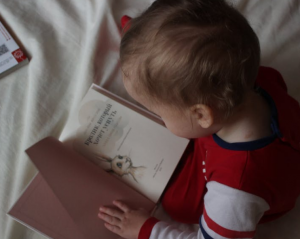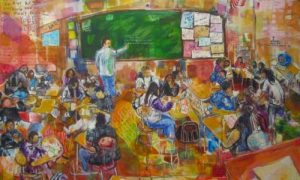
The implementation of effective distance learning was destined to be a work in progress. Now, the process has taken on greater urgency due to the closure of local schools because of the coronavirus. The task remains daunting, especially as the time at home turns into months. The fallout of not having that personal daily contact with her students – including missing assignments – is becoming real for many teachers. Ann Borba teaches sixth-grade language arts and social studies at Oak Grove Middle School in Concord.
Borba emphasized that nobody sent home packets with the students. “We have been using technology.”
The school did have a checkout for Chromebooks, with many students and their parents picking them up. In addition, the vice principal told parents about a wireless provider that was giving two months’ service free.
The learning resources Borba set up for her students include EDpuzzle, Quizizz, YouTube, Newsela, Scholastic and Ducksters. The school’s principal created a HyperDoc for the school’s remote learning plan, which also has tips for health, welfare, counseling, mindfulness and links to supportive websites.
“We try to make the learning pertinent and accessible,” Borba said.
Learn more about this topic by reading this article on Pioneer Publishers.
After reading “Teachers keep doing what they do best” you can check important issues for ESL teachers on the section PDFs.








